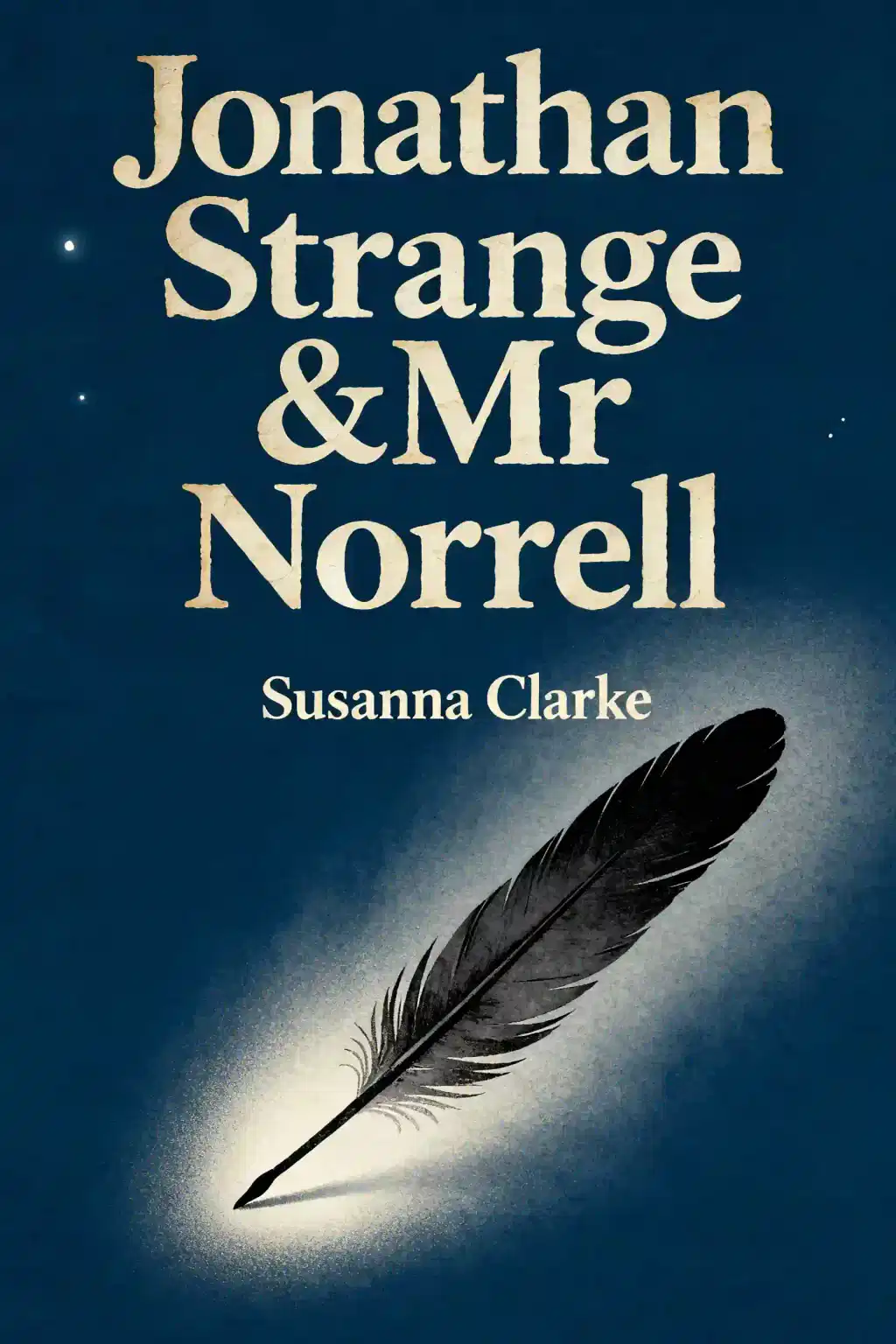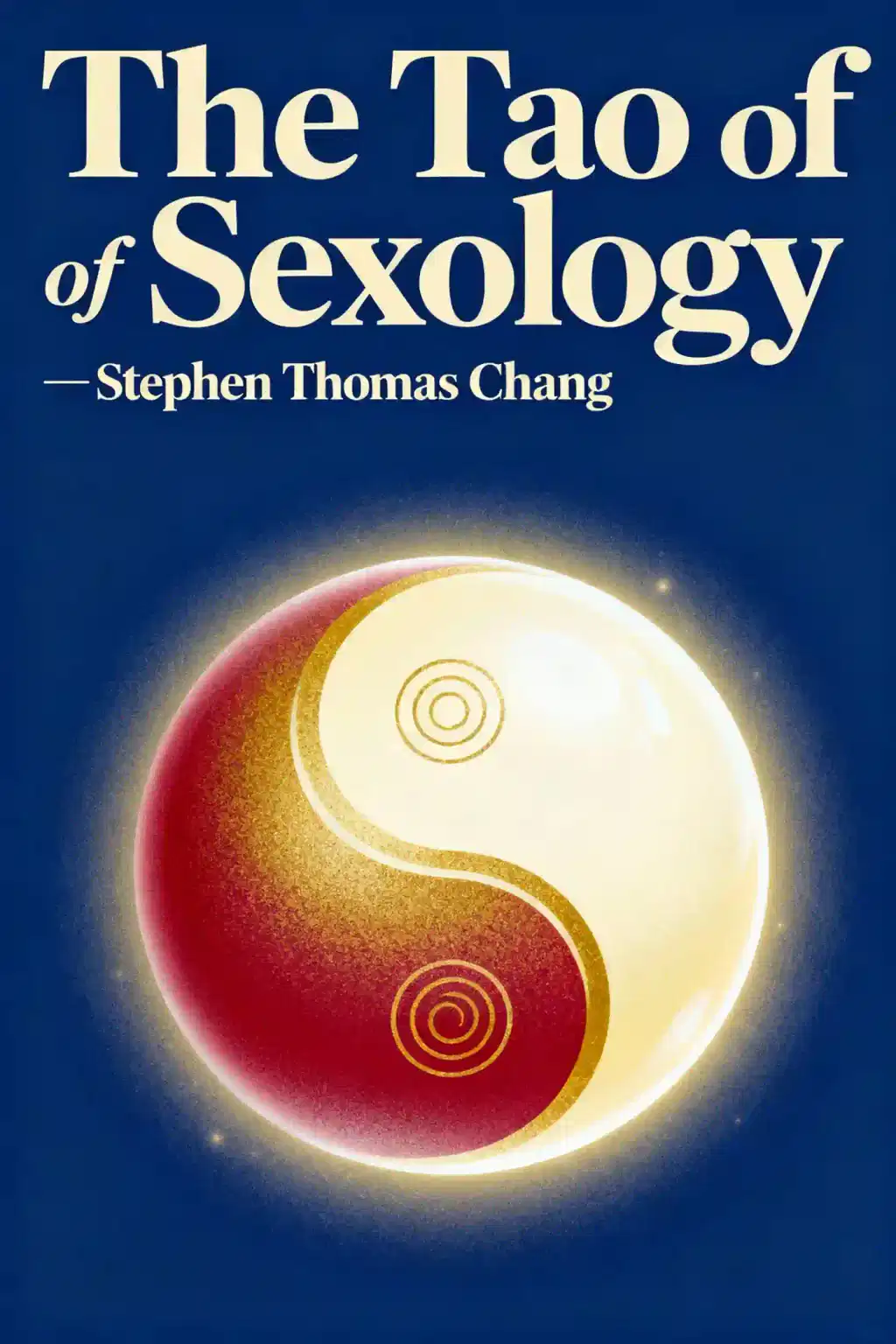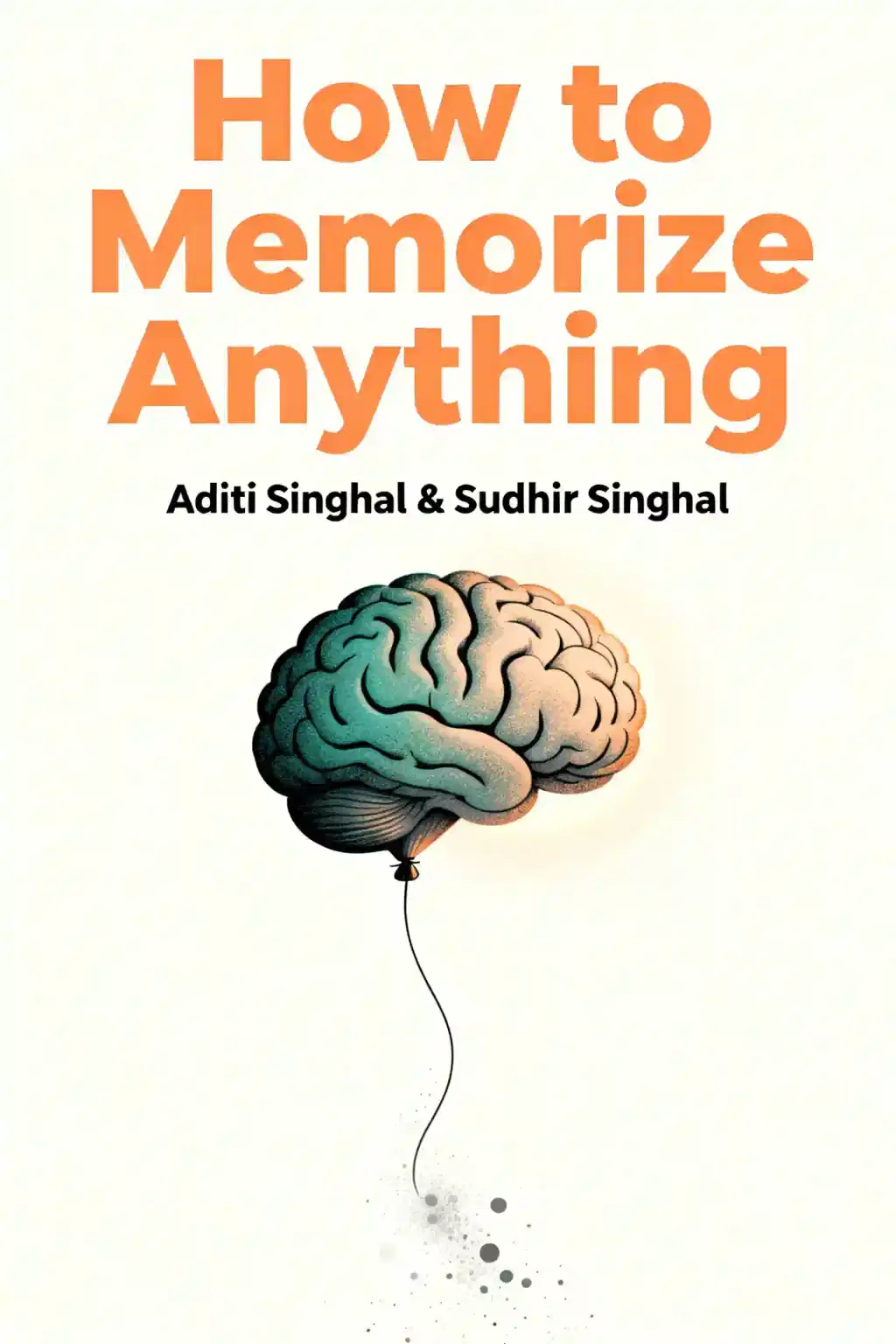
Consciousness Explained by Daniel C. Dennett Summary
Overview of Consciousness Explained
In "Consciousness Explained," Dennett dismantles the mind's greatest mystery. Richard Dawkins praised its "torrent of stimulating thoughts" while Scientific American called it "the best philosophical work in decades." Can consciousness truly be explained, or is Dennett's radical theory just beginning the conversation?
Similar books to Consciousness Explained
Feel the book through the author's voice
Turn knowledge into engaging, example-rich insights
Capture key ideas in a flash for fast learning
Enjoy the book in a fun and engaging way
Key takeaways
The Mind's Greatest Illusion: There Is No "You" Inside Your Head
Imagine waking up tomorrow to discover there's no central "you" inside your head - no mental control room where consciousness happens, no inner observer watching a private mental movie. This isn't science fiction; it's the startling conclusion of Daniel Dennett's revolutionary work. The intuitive model most of us carry - that consciousness occurs in a specific place in our brain where all sensory information comes together - is what Dennett calls the "Cartesian Theater," and it's completely wrong. This misconception creates an infinite regress: if there's a "viewer" watching the show in your mind, who's watching inside that viewer's mind? Another smaller viewer? The absurdity becomes clear. Instead, consciousness emerges from multiple parallel processes distributed throughout the brain, with no central headquarters where "it all comes together." Your brain doesn't create a single, definitive version of reality - it generates multiple "drafts" simultaneously. Think of consciousness as more like Wikipedia than a printed encyclopedia; it's constantly being edited from multiple sources with no final, authoritative version. This explains puzzling phenomena like the phi effect, where two different colored dots flashed in sequence appear to change color mid-movement. Your brain isn't sending information backward in time; it's simply making its best interpretation after receiving all relevant information. When you "become aware" of something isn't a precise moment but emerges from distributed processes occurring over hundreds of milliseconds. Ask yourself: exactly when did you become conscious of the last sentence you read? The question itself assumes a false model of how consciousness works.
The Evolutionary Journey: From Bacteria to Shakespeare
Language: The Architect of Mind
The Grand Illusion: Why You See What Isn't There
The Self: A Center of Narrative Gravity
Embracing a New Understanding of Mind
Quick Summary Mode - Read or listen to Consciousness Explained Summary in 8 Minutes
Break down key ideas from Consciousness Explained into bite-sized takeaways to understand how innovative teams create, collaborate, and grow.
Flash Card Mode - Top 8 Insights from Consciousness Explained in a Nutshell
Distill Consciousness Explained into rapid-fire memory cues that highlight Pixar’s principles of candor, teamwork, and creative resilience.

Fun Mode - Consciousness Explained Lessons Told Through 22-Min Stories
Experience Consciousness Explained through vivid storytelling that turns Pixar’s innovation lessons into moments you’ll remember and apply.
Personalize Mode - Read or listen to Consciousness Explained Summary in 0 Minutes
Ask anything, pick the voice, and co-create insights that truly resonate with you.

From Columbia University alumni built in San Francisco

Get the Consciousness Explained summary as a free PDF or EPUB. Print it or read offline anytime.











